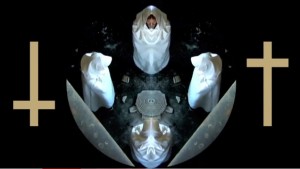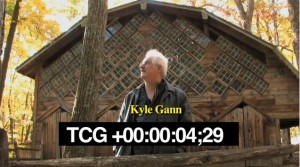Speaking of criticisms of Ives, I was a little startled to read this in Martin Bresnick’s op-ed in The New York Times yesterday, speaking about the composer Eric Stokes:
Eric was the first “Ivesian†composer I ever met. There were very few of them in those days and there are not many now. I always felt vaguely embarrassed by Charles Ives. I found his music too candid, too forthright. It stuck out like a crazy, opinionated uncle at a polite social event — too unsophisticated for a sophisticated new music audience.
He afterward says “I am ashamed now to recall unspoken, unexamined feelings of condescension I felt toward Ives….” But I imagine that this sums up the way a lot of composers feel about my music as well. Candid and forthright I can only think of as virtues, whereas sophistication, if it is one at all, is one of the minor, almost negligible virtues, way down the list after imagination, vigor, honesty, sincerity, inventiveness, emotiveness, simplicity, integrity, and fifty other qualities.
Oh, I love the Bruckner Eighth Symphony, it’s so sophisticated! – No.
I was just overwhelmed by The Rite of Spring, it’s so sophisticated! – No.
I can’t stop listening to Rothko Chapel, it’s so sophisticated! – No.
The idea that what audiences want from your music is sophistication is a composer’s disease, a neurosis, a lie your grad-school teachers infected you with. To “sophisticate,” says the dictionary, is to cause to become less simple and straightforward through education or experience. And I’m continually trying to shed my education and experience to become more simple and straightforward. Call me a crazy uncle – and don’t invite me to any polite social events!


